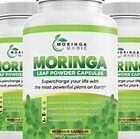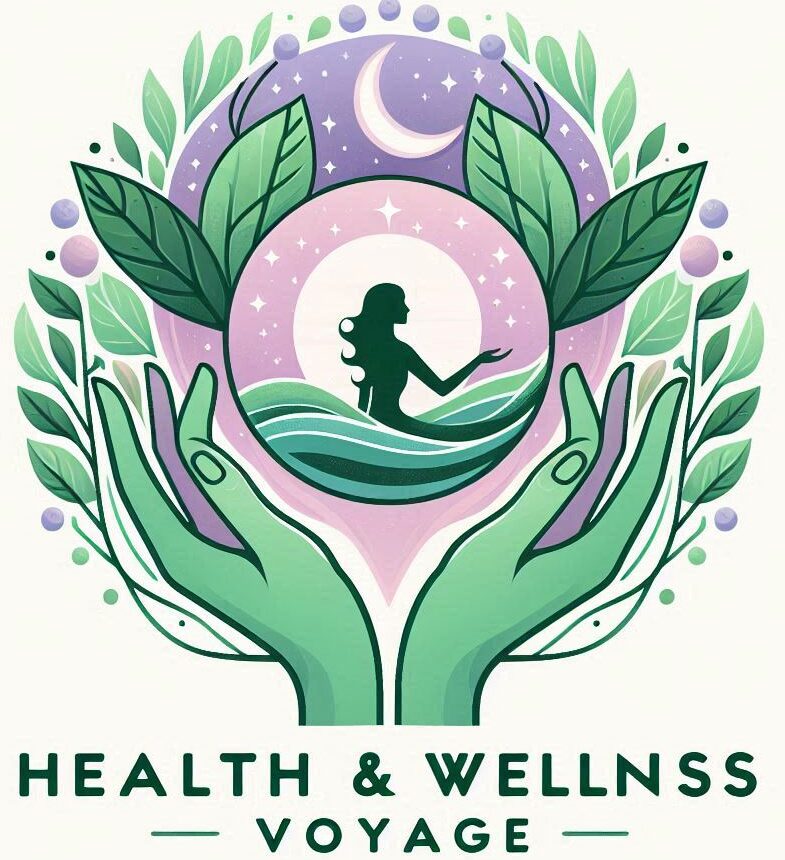Erectile Dysfunction (ED) is more than just a medical issue affecting men. It’s a personal challenge that impacts emotions, relationships, and quality of life. This condition occurs when there’s an ongoing difficulty in achieving or maintaining an erection that’s firm enough for sexual activity. While occasional trouble with erections is common, persistent issues lasting more than three months may signal ED.
While ED becomes more frequent as men age, it’s not an unavoidable aspect of getting older. Many younger men face this condition too, often due to different underlying causes. Early detection is crucial to finding the right treatment and can save much heartache later on.

Understanding the symptoms is the first step to addressing this condition. Common signs include trouble getting an erection, difficulty keeping it during intercourse, and a noticeable drop in sexual desire. If these issues persist, it’s time to consider seeking medical advice. Consulting a doctor can also help uncover any hidden health conditions that might be contributing to the problem, like cardiovascular diseases.
Physical causes of ED can be quite diverse. Cardiovascular diseases, such as atherosclerosis or hypertension, limit blood flow. Diabetes can damage nerves and blood vessels, impacting erection capability. Hormonal levels, especially low testosterone, also have a significant effect. Other triggers include obesity, neurological disorders like Parkinson’s or multiple sclerosis, and chronic illnesses affecting kidney or liver functions. Even medications for treating depressions can contribute.
Psychological aspects can be just as telling. Stress at work, anxiety, or depression mess with mental focus and can directly affect sexual performance. Sometimes the mind plays tricks with confidence levels, shielding what could otherwise be a simple interaction. Performance anxiety or relationship issues often need as much attention as physical health treatments.
Lifestyle choices also play a role. Smoking, excessive drinking, and a sedentary lifestyle won’t do anyone favors in the bedroom. Understanding these causes opens doors to intervention. Whether through lifestyle changes, medical treatments, or a combination of both, the path forward starts with being informed.
The Emotional and Relational Impact of Erectile Dysfunction
Erectile Dysfunction doesn’t just mess with the physical aspect of life. Its implications ripple through emotional and relational areas as well, causing stress and tension for both the individual and their partner. When self-esteem takes a hit, anxiety about performance can spiral into a cycle that’s tough to break.
Living with ED can spark feelings of inadequacy and shame in men, leading them to avoid intimate situations altogether. Men might feel like they’re letting themselves and their partners down, which often results in social withdrawal or depression. It’s important to remember that these feelings are common but manageable with the right support.
On the flip side, partners often suffer in silence too. They might misinterpret the lack of physical intimacy as personal rejection or wonder if it’s something they did. This miscommunication can strain or even break relationships that otherwise have a solid foundation.
Having an open and honest discussion can alleviate much of the tension and confusion. Sharing fears and insecurities brings partners closer together and reinforces the idea that ED is a shared challenge, not a solitary burden.
Incorporating professional guidance like couples therapy could be a game changer. Therapy provides a safe space to talk about sexual health and relationship worries without judgment. It can facilitate understanding and acceptance, paving the way for solutions that honor both partners’ needs. Remember, improving communication is as crucial as any medical or lifestyle intervention in overcoming ED.

Medical Treatments for Erectile Dysfunction: Exploring Your Options
Finding the right treatment for Erectile Dysfunction starts with understanding the options available and tailoring them to suit individual needs. Medical solutions can significantly restore confidence and enhance life quality for those affected.
One of the most common treatments includes oral medications like PDE5 inhibitors, such as sildenafil (Viagra), tadalafil (Cialis), and vardenafil (Levitra). These drugs work by enhancing blood flow to the penis, thereby facilitating better erections. It’s crucial to use them under medical advice to ensure safety and effectiveness.
For men dealing with low testosterone levels, hormone therapy could present a worthwhile option. Adjusting hormone imbalances can improve not just sexual health but overall well-being.
For those looking beyond oral medications, vacuum devices offer a mechanical solution. These devices draw blood into the penis, helping to maintain an erection long enough for sexual activity.
More severe cases might require injections or surgical interventions. Alprostadil injections directly into the penis can be effective, as can surgical implants, which provide a permanent solution for erectile issues. These options are typically considered when other treatments haven’t worked.
Consulting with a healthcare professional who understands the intricacies of ED ensures an appropriate treatment strategy. It’s important to consider potential side effects and balance them against the desired outcomes to find what truly works best.
Holistic Approach: Lifestyle Changes and Natural Remedies
Shifting focus from strictly medical solutions to incorporate lifestyle changes can significantly impact management of Erectile Dysfunction. Embedding healthier everyday habits can naturally enhance one’s sexual health and overall well-being.
Regular exercise tops the list of lifestyle adjustments. It’s a powerhouse for improving cardiovascular health, which boosts blood circulation throughout the body, including to the genital area. Simple activities like walking, jogging, or cycling could make a big difference.
Diet, too, plays a vital role. Focus on eating a variety of whole foods full of antioxidants. Incorporating a diet rich in fruits, vegetables, nuts, and healthy fats supports general vascular health, supporting those crucial pathways for better erectile function. The Mediterranean diet, known for its heart benefits, might be a good guide.
Quitting smoking and moderating alcohol consumption also show significant improvement in ED. Smoking harms blood vessels and restricts circulation, while excessive alcohol can dampen sexual response. Making these changes can lead to positive outcomes not just for ED but for overall health.
Mental health shouldn’t be overlooked; therapy and counseling are powerful tools for tackling stress, anxiety, or depression, which often accompany ED. Sometimes talking things out with a professional or even a trusted friend can relieve some of the mental burden that contributes to sexual dysfunction.
Natural remedies are another area gaining attention. Alternative options like Moringa might offer additional benefits beyond traditional therapies. Known for its rich antioxidant properties and anti-inflammatory benefits, Moringa supports vascular health, possibly easing ED symptoms. Including it in your diet, through smoothies or teas, could provide that added edge. Always consult with your healthcare provider before starting any new supplements to ensure they’re the right fit for your individual health needs.
 Regular Exercise
Regular Exercise
Combating Erectile Dysfunction with Moringa: A Natural Solution
Moringa oleifera, often dubbed the “miracle tree,” offers a promising natural remedy for those facing Erectile Dysfunction. This powerhouse plant is well-regarded in traditional medicine for its numerous health benefits, including its potential to support erectile health.
Rich in antioxidants, Moringa helps combat oxidative stress, which can cause damage to the cardiovascular system. This is crucial because good heart health directly influences the quality of blood flow, essential for maintaining strong erections. By reducing oxidative stress, Moringa aids in protecting and supporting vascular health.
The plant’s high nitrate content is another boon. Nitrates foster the production of nitric oxide in the body, a compound that relaxes blood vessels, improving circulation. Enhanced blood flow means a more reliable ability to achieve and sustain an erection.
Moringa is also packed with essential vitamins and minerals, like Vitamin C and Zinc, which are important for maintaining hormone balance and supporting immune function. The anti-inflammatory properties can further protect blood vessel health, offering a multi-faceted approach to managing ED.
 Moringa Capsules
Moringa Capsules
Incorporating Moringa into daily meals is relatively easy. It can be added to smoothies, salads, or taken as a tea. Finding the right dosage makes a huge difference. Based on research and user feedback, here’s what a lot of men report working for them:
- Capsules: Shoot for 1,500 to 2,000 mg per day, usually split into two doses. For instance, 1,000 mg with breakfast and 1,000 mg with dinner.
- Powder: Mix 1–2 teaspoons into a smoothie or a glass of water in the morning. This helps build momentum for the rest of your day and delivers vitamins and minerals right from the start.
Before embarking on any new treatment, especially those involving herbs like Moringa, it’s essential to chat with a healthcare provider. They can provide insights tailored to your health needs and ensure that any new supplement doesn’t interfere with existing medications or conditions.
Click HERE to find out more about Moringa and where you can get it.
“Here is a little transparency: Our website contains affiliate links. This means if you make a purchase, we may receive a small commission. Don’t worry, there is no extra cost to you. It’s a simple way you can support our mission to bring you quality content”
